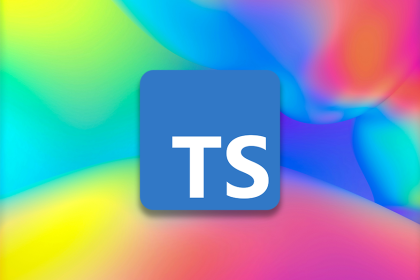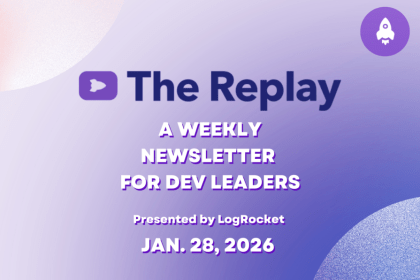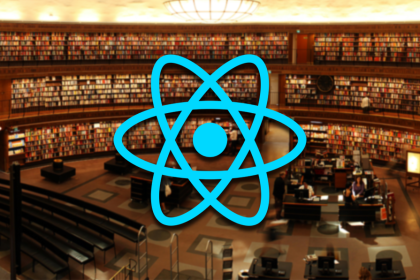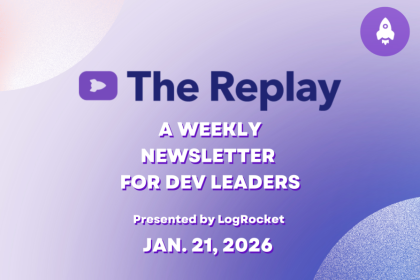
A hands-on comparison of Dokploy and Coolify, explaining why self-hosted, Docker-based PaaS tools offer more control, predictable costs, and production clarity.

Explore Shadcn UI, a reusable component collection. See its features, pros, cons, and more to determine if you should use it in your project.

Cache components change how rendering decisions are made in Next.js, allowing static and dynamic UI to coexist on the same page without blocking the initial render.

A practical walkthrough of building local-first, privacy-preserving AI agents using small language models.

async/await in TypeScriptTypeScript’s async/await lets you write asynchronous code that reads like synchronous code, making it easier to understand, maintain, and reason about.

Discover what’s new in The Replay, LogRocket’s newsletter for dev and engineering leaders, in the January 28th issue.

Compare mem0 and Supermemory to learn how modern AI apps manage long-term memory beyond RAG and stateless LLM chats.

Animate SVGs with pure CSS: hamburger toggles, spinners, line-draw effects, and new scroll-driven animations, plus tooling tips and fallbacks.

Tailwind CSS is more popular than ever. This guide breaks down v4’s biggest changes, real-world usage, migration paths, and where it fits in the AI future.

Evaluate the top React animation libraries for ease of use, developer experience, and bundle size.

AI agents fan out work across multiple LLM calls and services. Task queues add retries, ordering, and context preservation to keep these workflows reliable.

Discover what’s new in The Replay, LogRocket’s newsletter for dev and engineering leaders, in the January 21st issue.